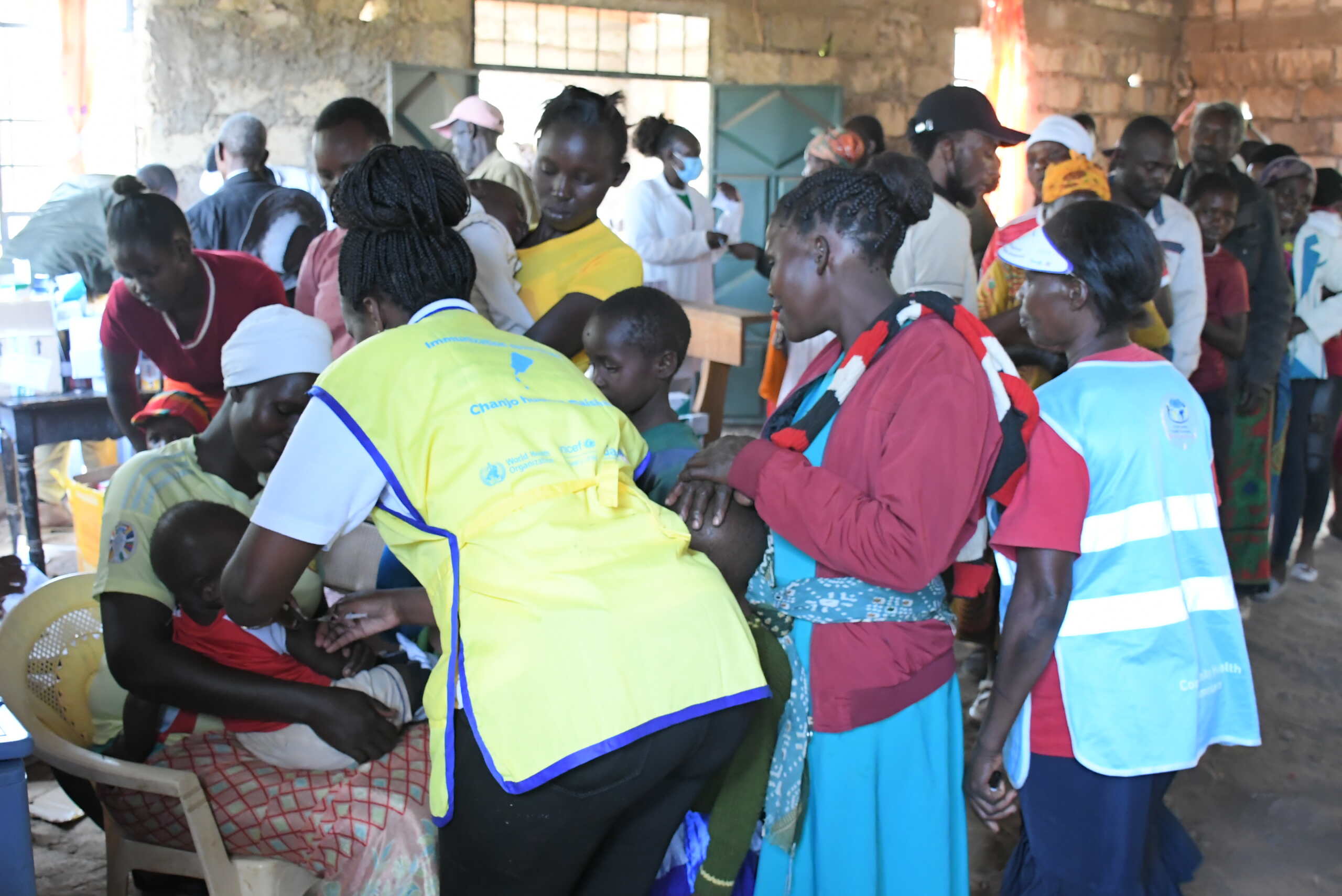Eye Screening in Schools in East Java
Stories | October 4, 2021
When we arrived at this school in East Java there was much excitement as we interrupted the routine of the school day. Approaching the classrooms, kids’ faces peered through windows, ignoring their teachers’ requests to pay attention. We were soon welcomed by the school’s principal and encouraged to enjoy a generous morning tea before meeting Ibu Rofi’ah.
 Ibu Rofi’ah is a teacher working with CBM’s partner to screen the kids in her school for vision impairment. Trained through the project she works with other teachers in the school and the local primary health centre to screen all new students each year. They use a simple tumbling E chart and work to identify students that could benefit from glasses.
Ibu Rofi’ah is a teacher working with CBM’s partner to screen the kids in her school for vision impairment. Trained through the project she works with other teachers in the school and the local primary health centre to screen all new students each year. They use a simple tumbling E chart and work to identify students that could benefit from glasses.
In the most recent screening, four children were identified as needing glasses. They were then accompanied by Ibu Rofiyah to attend an optical shop where they were fitted for glasses, each choosing their own style. While they were initially shy to share what they thought of wearing glasses they all said that while they were scared to admit it before, they were struggling to see in class and read for extended periods of time. Now, they all agreed, they can see more clearly and schoolwork, homework and playing sport is much easier.
CBM’s inclusive eye health work aims to reduce avoidable visual impairment and blindness and ensure those who are permanently vision impaired can access the most relevant support and opportunities to live life to their full potential.
https://www.cbm.org.au/stories/eye-screening-in-schools-in-east-java
Related Stories

Coordinating inclusive health outreach in Meru County
For many households in Meru’s rural and remote areas, basic health services are physically...

Share your advocacy preferences with us
Thank you for helping us to advocate for the one billion people with disability globally. CBM Australia advocate across...

Advent 2025: Jesus’ way leads to fullness
The way of Jesus gives people freedom and empowers them to live out their God-given purpose. The last few weeks...
